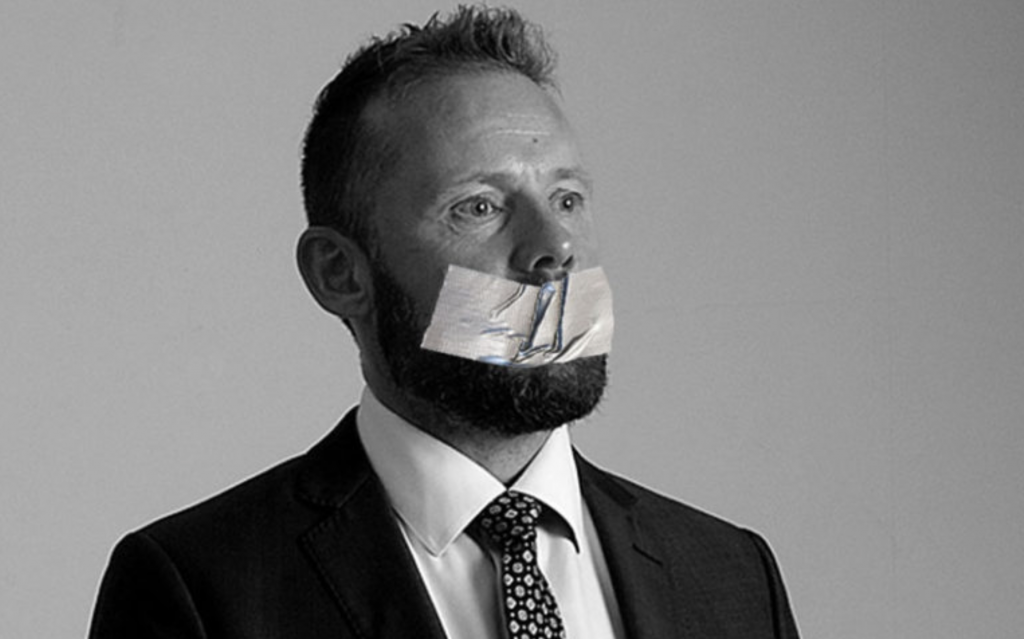

The latest battlefield in the GOP’s “anti-woke” crusade
This year the College Board—the organization responsible for the SAT and the Advanced Placement courses—is piloting a new AP course devoted to African American studies. Sixty schools are piloting the course, which covers 400 years of Black contributions to American music, literature, politics, science, and other fields.
According to the Florida Department of Education, the course violates the state’s “Stop W.O.K.E. Act.” This act prohibits classroom instruction that privileges one race over another, discriminates against students based on race, makes students feel guilty because of their racial identity, or claims that students are guilty of “actions committed in the past by the other members of the same race, color, national organization, or sex.”
If any of these things are happening in K-12 classrooms, it is fair to say that the teachers presiding over those classrooms are committing pedagogical malpractice. While I have no doubt that there are teachers engaged in this kind of malpractice, most of the teachers I know—and I have trained history teachers for two decades—are not discriminating against their students in this way. Unfortunately, there are enough anecdotes about bad pedagogical behavior for people like Ron DeSantis to craft an “anti-woke” narrative that ultimately serves his political ambitions. If he and the rest of the “anti-woke” Republican Party (including newly elected Speaker of the House Kevin McCarthy) can instill enough fear in white conservatives about the threat of African-American studies permeating the nation’s schools, these culture warriors just might have a shot at controlling all three branches of government in 2024.
As expected, DeSantis and the Florida conservatives behind the law have their intellectual defenders. In September 2022, National Review writer Stanley Kurtz claimed to have obtained a copy of the AP African-American Studies curriculum and argued that it “clearly proselytizes for a socialist transformation of the United States, although its socialism is heavily inflected by attention to race and ethnicity.” Kurtz’s critique, which was based on the last quarter of the course, focused almost entirely on the work of historian Robin Kelley, a historian of Black communism whose work Kurtz suggests is “the key to the agenda that structures virtually the entire modern section of the course.” In another piece published on Wednesday, Kurtz said that DeSantis’ ban of the course in Florida is “entirely justified.” (While I disagree with Kurtz’s assessment, I do think the College Board should seriously consider his point about releasing more information about the course content.)
Leaving aside my belief that the United States could use more, not less, socialism, Kurtz does not seem to understand what happens in a history or humanities classroom. Just because a particular text is assigned in a course does not mean that all students, or even the instructor, agree with the view advanced in the document. College students (most colleges and universities accept AP courses for college credit) need to be exposed to a variety of viewpoints, including a diverse group of Black writers and thinkers on the African American experience. Though I have not read the AP African American Studies curriculum, I can’t imagine a course that does not examine all sides of the debates over Black Power in the post-Vietnam era or does not expose students to a variety of Black voices, from James Cone to Clarence Thomas; from Ta-Nehisi Coates to Thomas Sowell.
Those with a stake in this new course insist that it meets the highest academic standards. Harvard historian Henry Louis Gates, Jr., one of the scholars who helped design the course, has made it clear that “AP African American Studies is not CRT. It’s not the 1619 Project. It is a mainstream, rigorously vetted, academic approach to a vibrant field of study, one half a century old in the American academy . . .”’ Lisa Hill, who is currently teaching the class, told the Yale Daily News that the course is “designed to teach facts and real events—not to push an agenda, proselytize anyone . . . or force any type of overarching philosophy.” She is emphatic: “This is not a CRT course . . .”
I believe Lisa Hill. In fact, most good history and humanities teachers I know would go out of their way to make sure that they are not promoting a course designed to preach critical race theory or any other “overarching philosophy.” Good teachers know how to let the events and documents from the past speak for themselves. AP students are smart enough to draw their own moral conclusions about the material presented to them. As I have argued in this space, anyone who studies African American history will see how men and women in power constructed the idea of racial difference and promoted bigotry based on these differences. Anyone who takes an honest look into the past will learn that American liberty has often advanced alongside American slavery.
I have taught Advanced Placement United States History and I spent seven years grading AP exams with other historians and teachers. The College Board does not create Advanced Placement courses for the purpose of promoting a political or cultural agenda. I believe Henry Louis Gates when he says that the Advanced Placement African American Studies course was thoroughly vetted by leading scholars because I have seen the same kind of vetting happen with the AP US History course. DeSantis’ refusal to allow the teaching of this course in Florida is essentially a rejection of the entire field of Black History, a repudiation of the work of W.E.B. Du Bois, Carter Woodson, John Hope Franklin, Benjamin Quarles, Mary Frances Berry, Albert Raboteau, Annette Gordon-Reed, David Levering Lewis, Nell Irvin Painter, Clayborne Carson, Gates, and many others.
This controversy has nothing to do with history and everything to do with politics.
John Fea is Executive Editor of Current
This and laws and policies like it in other states (including Georgia and Tennessee) are seriously concerning and are already having an impact on teachers in both K-12 and in higher education. I am disappointed at some of those who are championing this view. It is a challenge to know how to respond.
It’s hard to know who to believe. I read an article in National Review yesterday that claims that the last block of instruction (21st century) is hopelessly skewed toward a radical view of black studies. The author found no conservative perspectives a la Sowell, Loury etc. However, I also don’t trust the Right’s evaluation of the value of AP courses such as African-American Studies. Having developed and taught African-American history and AP history for years I think we need more rather than fewer such course offerings with an ethnic focus. Maybe growing up in Honolulu during the Hawaiian Renaissance has influenced me☺ Most of those in the Right that I have read don’t seem to be sympathetic to this. That said, it would be nice to know how balanced that last unit is.
Thanks, John Fea, for your usual candor and pursuit of a genuine pursuit of liberal arts values in teaching.
Thanks, Richard.
I address two National Review articles in the piece.
Thanks for the comment Becky. I think the first step https://currentpub.com/wp-admin/admin.php?page=smush-upgradein responding is to get a glimpse of this curriculum. Perhaps after this controversy the College Board or a teacher of the pilot course will share.
I was on the ground floor of the introduction of the AP World History course. (I was a reader for 18 years.) The course has evolved so much as to be vastly different in its current iteration. I’m sure that the original designers bristle at what it has become. Over the years there were a lot of nasty fights over content and how exams were constructed. At some point, it seemed to a lot of the teachers that the College Board was most interested in the bottom line than the academic values of the course. I imagine that AP African American History will follow a similar trajectory. In addition, the College Board has had an overt goal of bringing more minority students into the AP world. It began as an elite Whites program. It wants overcome that heritage. It has been a struggle. The adding of a course that will appeal most strongly to Black students and teachers will help move the needle in gaining diversity among the students who take AP courses.
Yes you did, John and you’re absolutely right. The content is still opaque.
Thanks John for making the common-sense case for balance when it comes to teaching this hot-button issue of race in the classroom. This needs to be said more loudly, but it’s a hard case to make in our polarized climate where no political “tribe” has one’s back: We should teach CRT as A perspective, not THE official dogma
As Chris asks; Is there–will there be–voices like Thomas Sowell, Daniel Bergner, John McWhorter, Jonathan Haidt or even Roland Fry, in such a curriculum? Without such counterpoints, such a course easily devolves into one-sidedness. As JS Mill makes clear, to know only one side of an issue is not to know it at all. I would contend that legitimately contestable views and texts should always be balanced by opposing viewpoints.
I write about this in the February issue of Educational Leadership.
Mike Schmoker
Education Writer, Speaker, Consultant